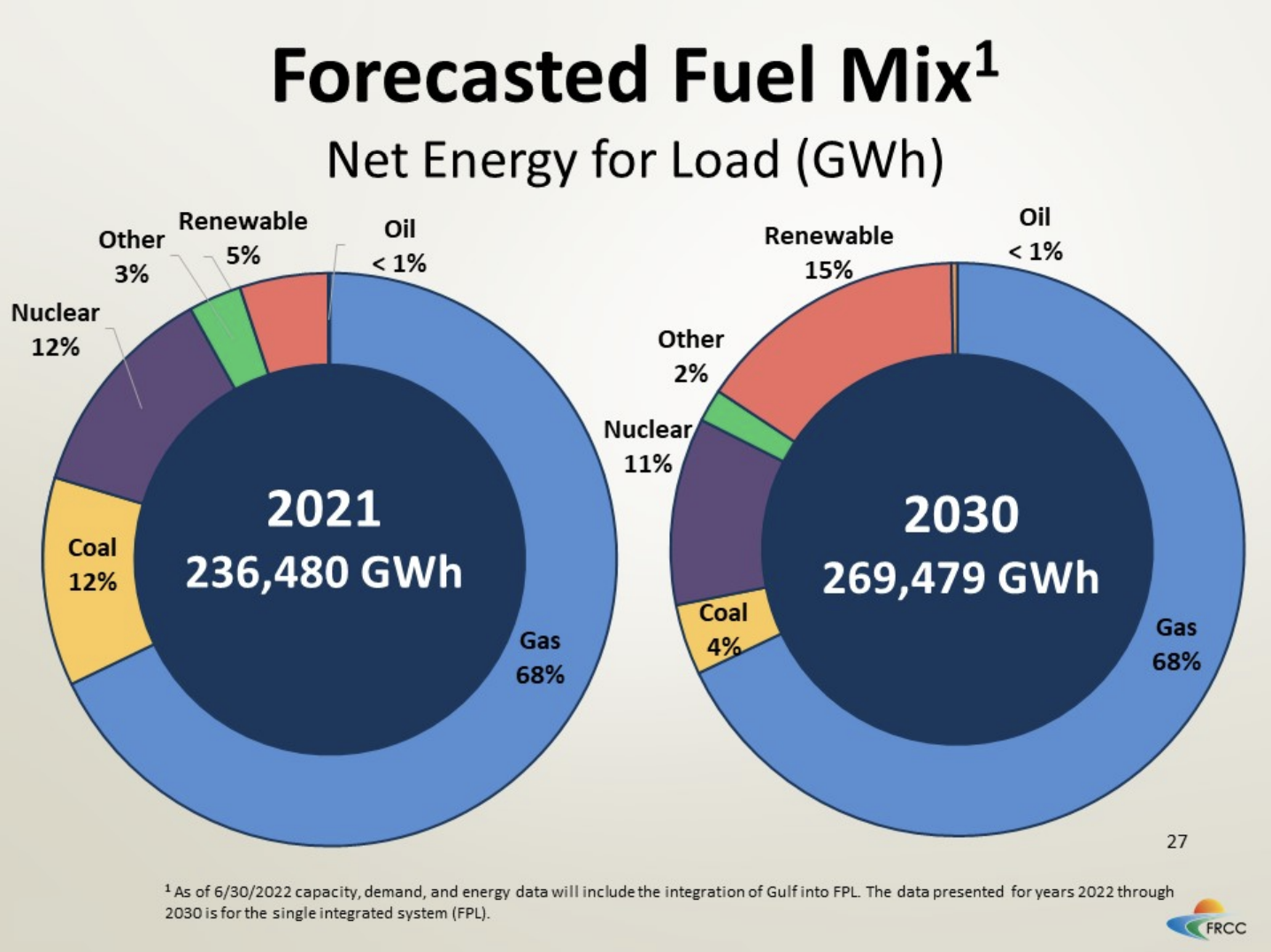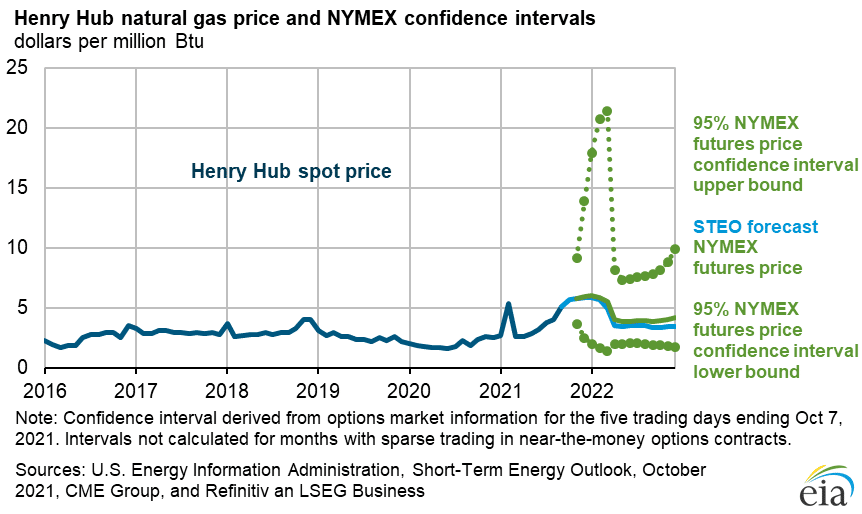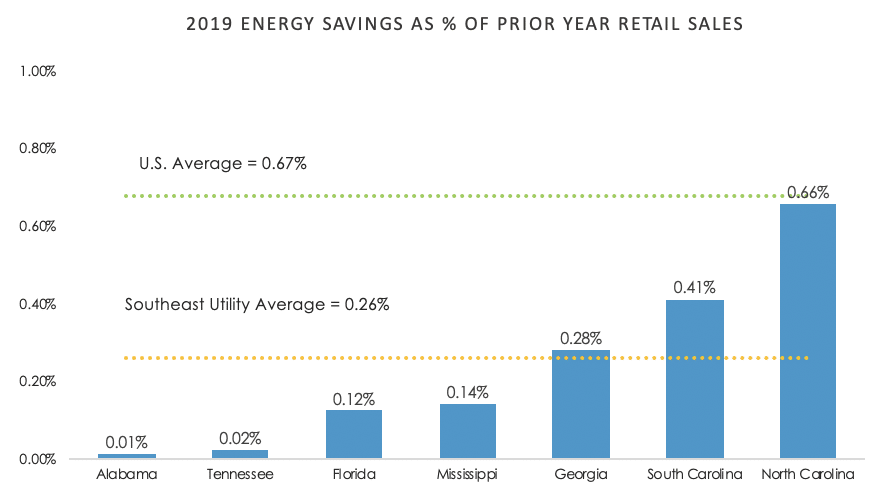Florida's families and businesses have been hit with $566 Million in additional fossil gas costs this year - passed on to them by the state's largest power companies - and more costs are likely soon.
George Cavros | November 1, 2021 | Climate Change, Florida, Fossil Gas, UtilitiesFlorida families and businesses are receiving a real hit to their wallets as their power bills increase due to fossil gas costs passed on to them by their utilities. The state’s three largest utilities, Florida Power and Light (FPL), Duke Energy Florida, and Tampa Electric Company, recently got approval from the Florida Public Service Commission (PSC) – the agency that regulates them – to pass on the costs of higher fossil gas prices to customers. And there’s no end in sight as prices are projected to increase and remain high well into next year.
Over-reliance on fossil gas driving up bills
The spiking bills are driven by Florida’s utilities’ high reliance on fossil gas (also referred to as natural gas) to generate power and the higher market price for gas. While the reliance varies by utility, the state’s utilities as a whole generate roughly 68% of their power from fossil gas, and this number has grown significantly over the last decade as a result of retirements of uneconomic coal plants. Fracking has made fossil gas more accessible, and has driven price declines over the last decade – those prices had held mostly steady – until now.

The Energy Information Administration projects that September gas spot price at Henry Hub averaged $5.16 per million British thermal units (MMBtu), which was up from the August average of $4.07/MMBtu and up from an average of $3.25/MMBtu in the first half of 2021. It projects that the Henry Hub spot price will average $5.80/MMBtu in fourth-quarter 2021, which is $1.80/MMBtu (and 30%) higher than was projected just last month.

Utilities each year file projected fuel costs with the PSC that are used to determine how much will be charged to customers in the subsequent year. The Florida utilities have adjusted their price projections for the latter half of 2020 and 2021 to reflect higher gas prices and projections. The utilities may petition the PSC for a “mid-course correction” if the prices they are paying and price projections are greater than earlier projected and lead to an under-recovery from customers of 10% or more. FPL’s mid-course correction was filed earlier in the year and became effective April 1, therefore does not reflect price increases incurred later in the year, Duke Energy Florida’s increase became effective in September but represents a partial recovery, and Tampa Electric’s increase for fuel and purchased power also became effective in September.

The bad news for customers, as noted above, is that fossil gas prices continue to increase. The utilities have filed notices that they will likely file for yet another mid-course correction before the end of the year. On October 15, for instance, FPL stated:
“In light of the current volatility, FPL will continue to monitor natural gas price activity and will report to the Commission no later than November 12, 2021. Should FPL continue to project an under-recovery in excess of 10% based on early November natural gas settlement prices, its November report would include a midcourse correction petition ….”
These increases come at a time when many customers are still struggling to pay their power bills and before new base rate increases are to take effect on January 1, 2020, on customer bills. All three power companies were granted base rate increases by the Commission this year.
Pathway forward: growing solar development, using energy smarter
The state’s over-reliance on price-volatile fossil gas not only takes a hit on customers’ wallets, but it also drives climate change – which impacts all of us. Fossil gas is primarily composed of methane, a potent greenhouse gas pollutant that is a significant driver of climate change. Methane has more than 80 times the warming power of carbon dioxide. One of the largest methane sources is the extraction and transportation of gas – much of it is used to generate electricity. Cutting its use is one the fastest opportunities we have to mitigate the impacts of a warming planet.
These issues are particularly pertinent for us in Florida, where we literally live on the frontline of climate change impacts such as soaring heat and sea-level rise. Yet the state has no comprehensive plan to reduce its emissions.
There is so much more the state and its utilities can do to reduce the risky reliance on fossil gas. The solution includes accelerating renewable energy and battery storage development and ensuring that solar rooftop, community solar, and utility-scale solar market sectors keep growing. The state’s current net-metering policy – the cornerstone of rooftop solar development in Florida – is key to providing solar choice to customers and growing solar jobs. The state’s utilities have been moving quickly to embrace larger utility-scale solar projects. The scale of solar development seen in Florida over the last five years – both in utility-scale and rooftop solar – continues to move Florida up the state rankings both regionally and nationally – and providing cost savings to the utilities and their customers.
Solar Forecast for Southeast States

It’s time we use energy smarter by modernizing that state’s badly outdated practices – now almost 30 years old – for setting the energy efficiency goals for the state’s largest utilities. Energy efficiency lowers the overall consumption of electricity, and thus reduces the amount of fossil gas that is burned to generate that electricity. Unfortunately, the PSC’s practices for setting goals have landed the state near the bottom of rankings for helping customers reduce energy waste and save money on bills. Florida must bring its goal-setting practices up to standard industry practice, and like other states, utilize energy efficiency as a resource to reduce reliance on risky fossil gas to generate electricity and provide access to programs that help customers manage their bills. The PSC has a unique opportunity to do just that in a rulemaking docket that aims to revise its efficiency goal-setting rule, but will it?

Additionally, SACE, along with allies, has encouraged the state to transition to a more transparent and participatory resource planning process. If Florida were to reform the resource planning process, it would lead to lower-cost, lower risk-outcomes that reduce our reliance on gas for generating electricity.
SACE will continue to keep you updated as the state’s largest utilities file their next set of mid-course corrections shortly and how the state’s over-reliance on fossil gas is impacting Florida families and businesses.